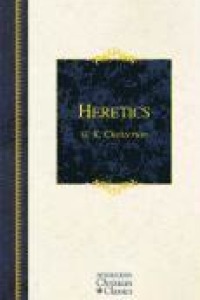
Christianity and Secular Reason: Classical Themes and Modern Developments : classical themes & modern developments
Bok av Bloechl
What is secularity? Might it yield or define a distinctive form of reasoning? If so, would that form of reasoning belong essentially to our modern age, or would it instead have a considerably older lineage? And what might be the relation of that form of reasoning, whatever its lineage, to the Christian thinking that is often said to oppose it? In the present volume, these and related questions are addressed by a distinguished group of scholars working primarily within the Roman Catholic theological tradition and from the perspectives of Continental philosophy. As a whole, the volume constitutes a conversation among thinkers who agree in their concerns but not necessarily their conclusions. Taken individually, each essay concentrates on a range of historical developments with close attention to their intellectual and sometimes pedagogical implications. Secular reason, they argue, is neither the antipode of Christian thought nor a stable and well-resolved component of it. Christian thinking may engage with secular reason as the site of profound difficulties, but on occasion will also learn from it as a source of new insight. Christianity and Secular Reason contributes to the contemporary discussion of secularity prompted especially by Charles Taylor's book A Secular Age. Unlike Taylor's work, however, this collection concentrates specifically on secular reason and explicitly on its relation to Christianity. In this sense, it is closer to Michael J. Buckley's At the Origins of Modern Atheism or, to a lesser degree, Louis Dupre's Passage to Modernity, which concern themselves with broad cultural developments. "This volume offers a variety of perspectives, some historical, some normative/constructive, on the questions of the relations between politics/culture/religion and the relations between selfhood/humanity/world. The essays are, without exception, of high quality in both scholarly-exegetical terms, and constructive-normative ones. The writers are learned, sometimes witty, and often interesting."-Paul Griffiths, Duke Divinity School "This is no other volume I know of that covers just this ground. There is a substantial literature on, for example, the Habermas/Ratzinger exhange, and on Kant's view of the relation between philosophy and religion, and on the twelfth century background for thirteenth century reflection on this relation. The merit of Christianity and Secular Reason is that it holds these threads together, and others besides, in a new and fruitful way."-John E. Hare, Yale University







